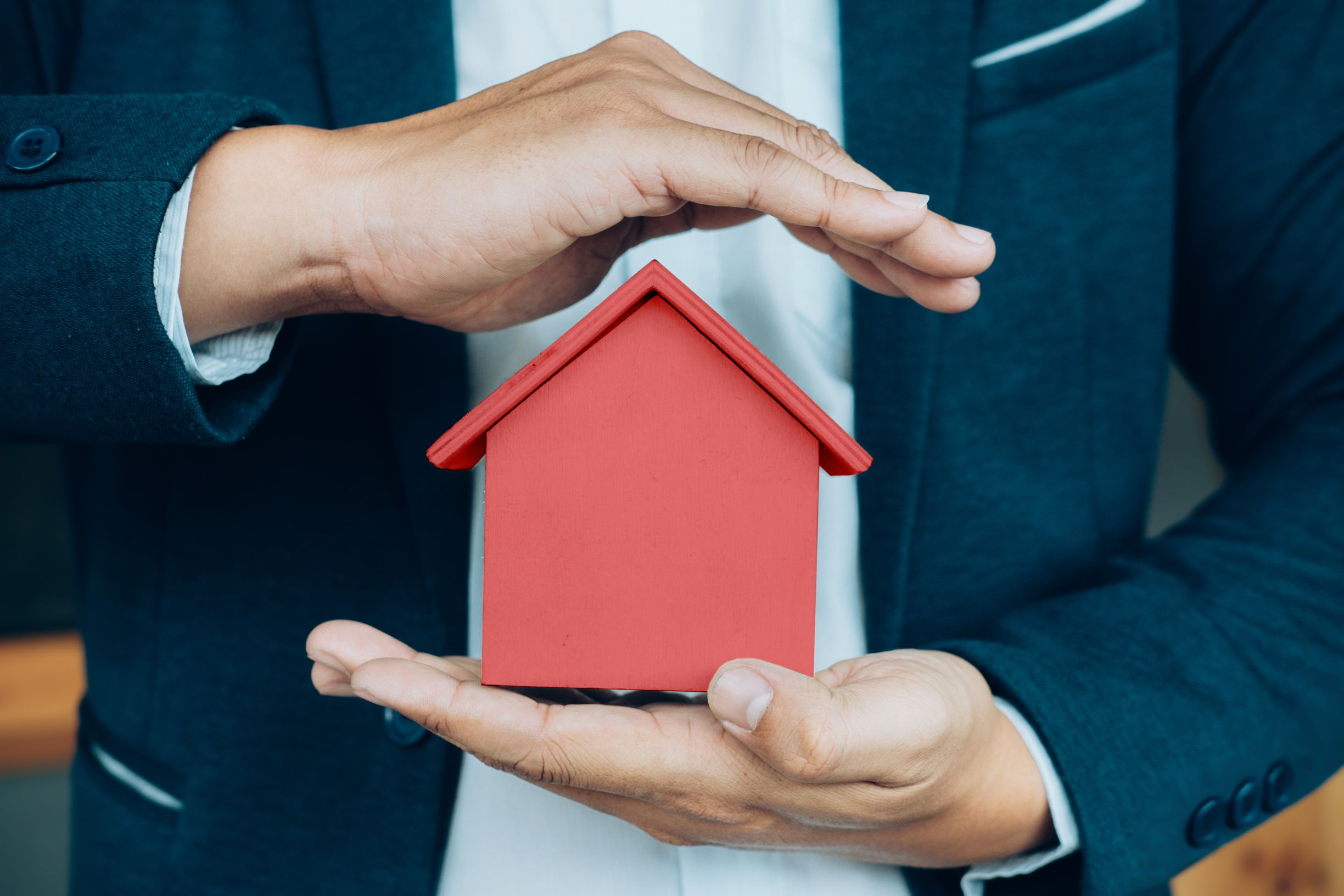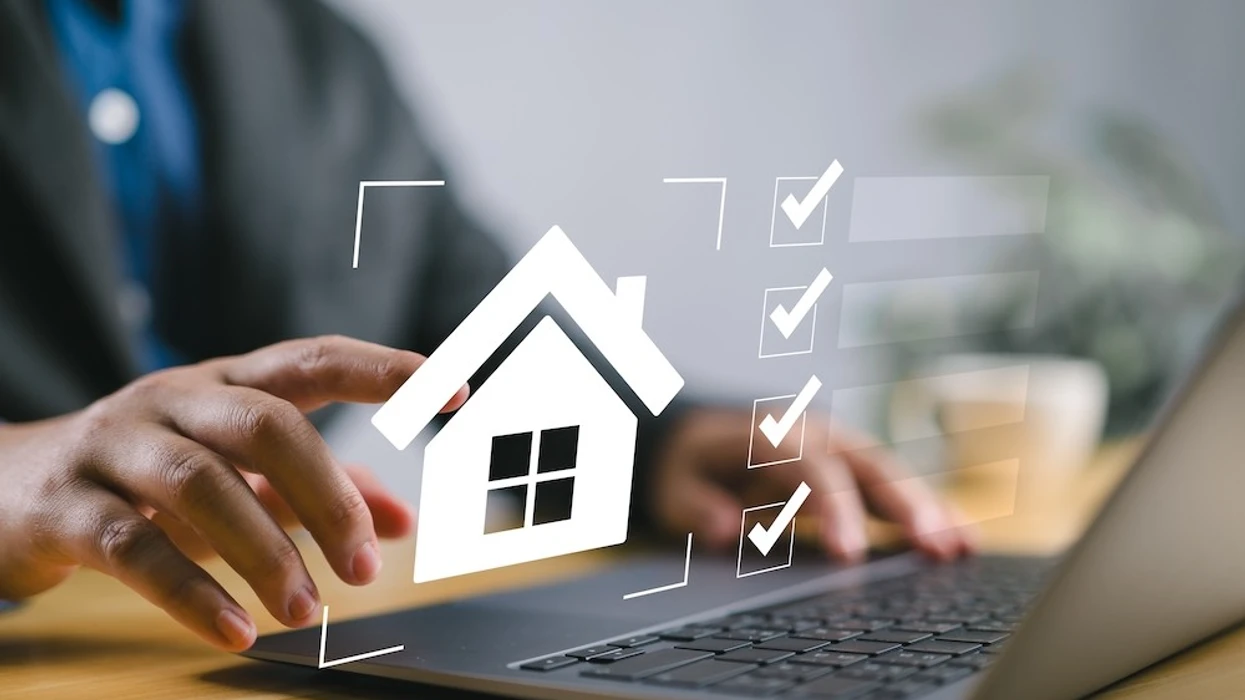Table of Contents
ToggleEver Felt Uncertain About Buying Property in Egypt?
Let’s be honest for a second. You spot a listing for a sleek apartment in New Cairo, or maybe a commercial space in Sheikh Zayed. It looks perfect—the photos are stunning, the location is great, and the price is even better. But then that little voice creeps in, “Is this even licensed?”
If you’ve ever had that moment of doubt, you’re not alone. In Egypt’s fast-growing real estate scene, one of the most important things you can ask as a buyer or investor is: Is this property legally approved and licensed?
In this guide, we’ll walk through exactly why strict licensing is so critical for the health of Egypt’s property market—and how platforms like The Egyptian Real Estate Platform are making it easier than ever to verify your next move.
So, Why Does Licensing Even Matter?
Let’s simplify it: Strict licensing ensures that a real estate project is legal, buildable, safe, and trustworthy. And for you, the buyer? That means peace of mind. Licensing confirms that:
- The developer owns or has legal use of the land.
- Construction plans are approved by local authorities.
- The project meets structural and environmental standards.
- Utilities and infrastructure are officially planned and supported.
In other words, it’s your first filter against risk.
1. It Shields You from Fraud
Imagine buying a unit in a new compound, only to discover the land was never zoned for residential use—or worse, that the entire project lacks government approval. It happens. Licensed projects go through rigorous checks to ensure:
- Proper land title and zoning
- Government-authorized building permits
- Urban planning compatibility
For example, if you’re browsing through a project like New Garden City in the New Administrative Capital, which appears on The Egyptian Real Estate Platform, you’ll notice it’s fully documented, clearly licensed, and directly traceable to its developer. That’s the kind of transparency you should expect with any real estate investment.
2. It Guarantees Construction Quality
Licensing isn’t just paperwork—it means the building has passed a series of engineering reviews and inspections. Licensed projects are built:
- With approved materials
- According to national safety standards
- Under professional supervision
Just look at Al Maqsad by City Edge Developments, another verified project listed on the platform. The villas and townhouses there weren’t just designed to look beautiful—they had to meet structural, fire safety, and sustainability codes before construction could begin. When a project is licensed, it’s not just legal—it’s built to last.
3. It Boosts Resale and Rental Value
You know what makes a property harder to sell or rent? Lack of documentation. People want to know whether the apartment they’re about to buy or lease is:
- Registered
- Recognized by the authorities
- Mortgage-eligible
Licensed properties, like those in The View compound in New Cairo, tend to retain their value better. They’re easier to finance, easier to insure, and much more appealing to future buyers or tenants. In a market that’s getting more competitive every year, that extra layer of trust goes a long way.

4. It Builds a Safer, More Trusted Market
Egypt’s real estate market is expanding quickly. From the New Administrative Capital to New Alamein, new cities are emerging across the country. But growth without regulation? That’s a recipe for chaos. Strict licensing creates order by:
- Keeping bad actors out
- Encouraging developers to follow best practices
- Giving buyers a clear sense of what’s real and what’s not
When a project like Marina 8 By The Lake North Coast is officially licensed and listed on The Egyptian Real Estate Platform, it becomes a signal to the entire market: “This one’s legit.”
5. It Helps Developers Who Play by the Rules
Not every developer cuts corners. In fact, many want to build great projects the right way. But when unlicensed competition is allowed to operate freely, the honest ones suffer. Strict licensing protects developers too, by:
- Elevating trusted companies
- Preventing unfair competition from rogue builders
- Making it easier to get financing, permits, and buyer confidence
Verified listings stand out because they’ve already cleared the legal hurdles—making them far more attractive on official platforms.
6. It Reduces Legal Headaches Later
Here’s a hard truth: If you buy an unlicensed property, you’re opening the door to potential lawsuits, stalled registrations, or even demolition orders. Licensed units are legally recognized. They come with:
- Official contract templates
- Registered land deeds
- Access to electricity, water, and municipal services
Ever met someone who waited years for a water hookup? Chances are, they didn’t buy into a licensed project.
7. It Supports Urban Planning and Public Services
When projects are licensed, the government can coordinate city services more effectively. Licensed developments get proper:
- Road access
- Utility connections
- School and healthcare infrastructure nearby
This also helps your lifestyle, because you won’t be stuck in a remote, underserved area. Projects like New Garden City, for example, are mapped into Egypt’s national infrastructure plans, which means smoother connections and better access to resources.
8. It Future-Proofs Your Investment
Buying real estate isn’t just about where you’ll live next year—it’s about long-term financial security. Licensed properties are easier to:
- Transfer to heirs
- Use as collateral for loans
- Insure and renovate down the line
Even decades later, your property is still valid and protected. Unlicensed ones often come with restrictions that only get worse with time.
9. It Aligns with Egypt’s National Vision
Egypt Vision 2030 is transforming the country’s urban and economic landscape, and real estate plays a key role. From new smart cities to green building initiatives, the government is pushing for:
- Responsible development
- Transparent regulations
- Digitized public services
Licensed projects aren’t just legally sound—they’re part of a national mission. By buying in a licensed community, you’re contributing to a broader movement toward sustainability and accountability.

10. It’s Easy to Check if a Project Is Licensed
Thanks to digital tools, you don’t have to hire a lawyer just to verify a project anymore. Simply visit The Egyptian Real Estate Platform—the government’s official property portal. There, you can:
- Search by project name or location
- Compare legal status
- Contact verified developers directly
- Explore licensing details and site plans
Whether you’re looking at residential villas in October or commercial spaces in New Alamein, this platform helps you filter your options before making any commitment.
If it’s not listed there? That’s your first red flag.
Final Thoughts: Licensing Isn’t a Formality—It’s Your First Line of Defense
Let’s wrap this up with the big takeaway: Strict licensing protects your money, your rights, and your future. It:
- Prevents scams
- Promotes quality
- Increases value
- Encourages market transparency
- And gives you a stress-free path to ownership
If you’re thinking of buying real estate in Egypt, your first step should be to check the project on The Egyptian Real Estate Platform. It’s free, it’s official, and it might just save you from a very expensive mistake. Because in real estate, peace of mind isn’t just nice to have—it’s everything.
Frequently Asked Questions(FAQs):
Q1: How can I check if a project is licensed in Egypt?
A: Go to The Egyptian Real Estate Platform and search by location, project name, or developer. Projects listed there are vetted and officially approved.
Q2: Is it risky to buy a property that isn’t listed on the platform?
A: Yes. If a project isn’t listed, it may lack proper documentation or licensing. That opens you up to legal issues, construction delays, or even loss of funds.
Q3: Are licensed projects always more expensive?
A: Not always. Some licensed properties might cost slightly more, but that extra cost reflects real value—like legal protection, access to utilities, and future marketability.
Q4: Can I get a mortgage on a licensed property?
A: Yes, licensed properties are more likely to be accepted by banks and mortgage providers since they meet the legal and financial requirements for lending.
Q5: What happens if I buy into an unlicensed project?
A: You might face difficulties with registration, resale, or connecting to essential services. In some cases, construction could be halted or reversed.
Q6: What types of real estate projects are available on The Egyptian Real Estate Platform?
A: The platform features a wide range of licensed developments, including residential apartments, villas, administrative offices, retail shops, and mixed-use compounds. You can explore options across popular cities like New Cairo, 6th of October, Sheikh Zayed, New Alamein, and the New Administrative Capital.
Q7: Can foreign buyers use The Egyptian Real Estate Platform to verify properties?
A: Yes, international buyers can also access The Egyptian Real Estate Platform to research legally licensed properties. It’s a useful tool for verifying a project’s legitimacy, especially when buying from abroad or investing in Egypt for the first time.
